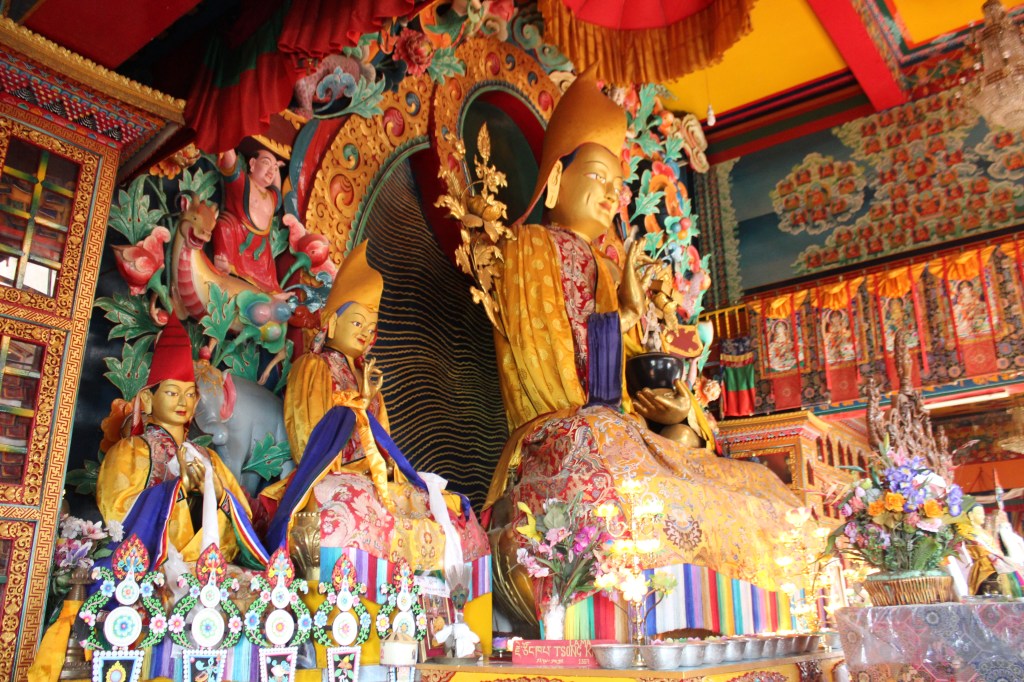Buddhism 101: The Difference Between Cravings and Needs–and Karma…

Be careful with judgments. The craving for food of a wealthy person is different from the craving for food of a poor person. If that means that there are good cravings and bad cravings, then we are simply getting bogged down in words, because the craving to be avoided is for something beyond what is necessary. Thus, the craving for food of a starving person is not a craving in the sense that Buddhism abhors. That is a need, not a craving. The craving that Buddhism abhors is the incessant call for more, more, and more far beyond what is needed to sustain the life of someone and his significant others.
This is implicit, of course, in the Middle Path between luxury and lack, which is at the heart of original Buddhism, before the re-birthers decided that it was always all about that: rebirth, past lives, and the generation-jumping karma of retribution. And that original impetus is definitely what we need now, in our economic stage of advanced capitalism, to be reminded that craving is at the heart of our problem. There is even some scientific evidence coming out now in the best-selling book ‘The Dawn of Everything’ that gluttony and craving are at the heart of certain violent and slave-trading cultures.
Suddenly it all starts to make sense, doesn’t it? The lifestyles that reward gluttony and craving demand violence and other defilements to sustain them. The one feeds the other in a never-ending cycle of degradation, and our lives suffer as a result. Life is not so difficult, after all, certainly not as difficult as the ‘multiple feedback loops of karma’ invoked by some high priests of reincarnation might make you think. Just be kind, and gentle, and respectful to the rights and dignity of others. The rites and rituals can come and go, but what you don’t do is sometimes more important than what you do.




Reply